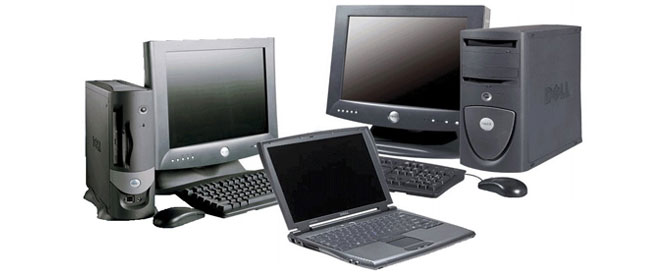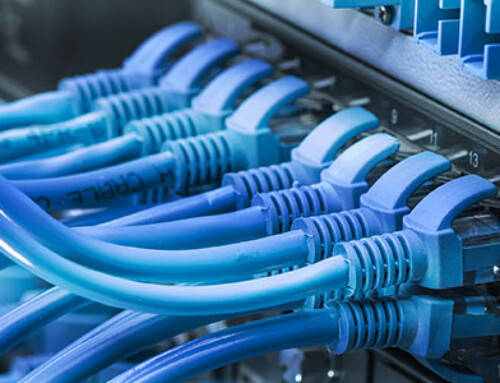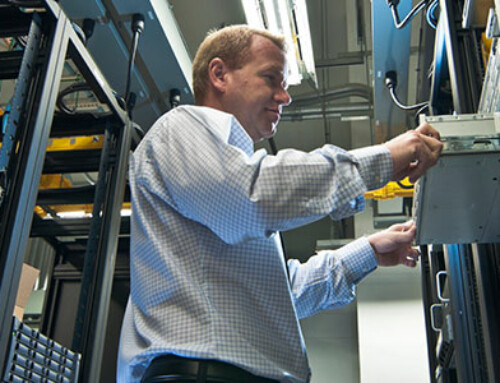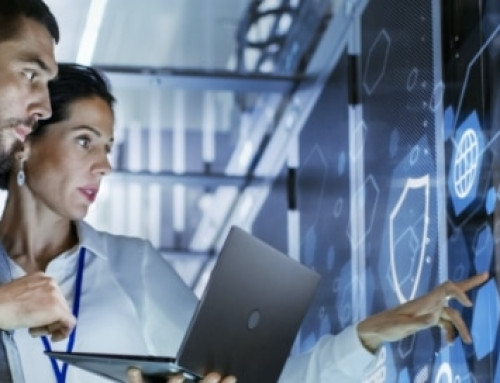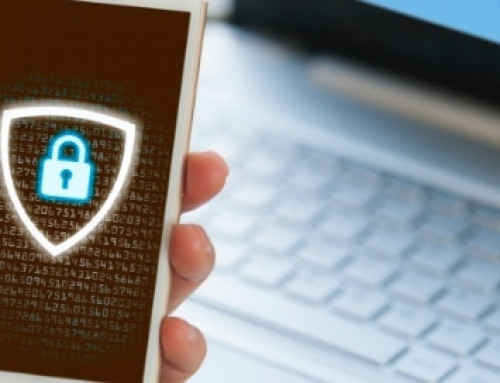Threats to your personal computer are becoming increasingly complex and serious. There are many steps you can take however, that will greatly minimize your chances of getting a virus, malware or worse.
Regular Software Updates
Enabling automatic downloads, and updating of software, enables your computer to maintain the latest security patches, fix bugs, and download the latest versions of software, while continuing to ensure your operating system is running optimally. These updates will often protect you from many of the latest and greatest attacks. You can protect yourself by:
- Ensuring that you update programs regularly, paying particular attention to critical security updates and other programs such as Flash and Java.
- Avoiding automatic downloads of updates from third party websites that are not officially recognized by the programmer. These may be corrupted and could damage your computer.
Viruses and Spyware
Viruses and malware are written specifically with the purpose of causing harm to your computer, and in some cases, to steal sensitive personal data. They can also be used to utilize your pc for criminal activity, often times without you even realizing they are running in the background. To protect your PC from viruses and malware:
- Make sure you have up-to-date anti-virus software installed and that your firewall is running.
- Do not open files from unknown sources or files that look suspicious in any way.
- Avoid websites requesting unsolicited downloads.
- If you discover a virus on your computer, disconnect from the internet and use your anti-virus software to run a complete scan of your machine.
Passwords
When creating a password, don’t use the same password for more than one website or account. This will prevent all your accounts from being compromised if one site is hacked.
- Use complex and difficult to guess passwords: upper and lower case, and 8 or more characters including special characters. The safest passwords are auto-generated and encrypted in password managers, as these are nearly impossible to crack.
- Review ALL your privacy settings on all social media sites and make sure your personal information is locked down. This data can often be used to retrieve passwords to other sites and to reset your password.
Wireless networks and hotspots
These networks allow a computer to access the internet wirelessly. Without the proper settings on your router and your PC, anyone could connect to your computer and see your personal data. You can protect yourself by:
- Making sure your wireless connection is password protected with a strong and unique password.
- When logging in to a public wireless network, make sure you identify the network as “Public” so your operating system locks down personal information.
- Be sure that your wireless connection is encrypted, password protected and if your router has a firewall, enable it.
Spam and Email
Phishing emails are often created to capture your personal data such as bank account info, addresses, usernames and passwords to websites, basically any information that can be used to harm you. You can protect yourself by:
- Never providing personal information to any company asking or requesting these details from you. For instance, a bank will never email you to provide personal information.
- If in doubt, contact the company directly and ask if the request is indeed from them.
Backups
Not having a regular backup plan for your data can be a huge mistake. After being infected with many viruses, it can be extremely difficult, if not impossible to retrieve data that has been corrupted or deleted by malicious software. To protect yourself from this happening:
- Always back up your hard drive(s). This will essentially keep a running duplicate of all data on your computer. It will protect you from losing critical information, such as documents, photographs, videos and other important files.
- A backup will allow you the opportunity to restore these files if they have been deleted or damaged (whether by malicious software or any other reason).
- In addition, you should always maintain copies of important files. Store these offsite and away from your computer in the event of a fire, theft, etc.
For more information on how we can help your business and to schedule a free demo or consultation, contact us today!

